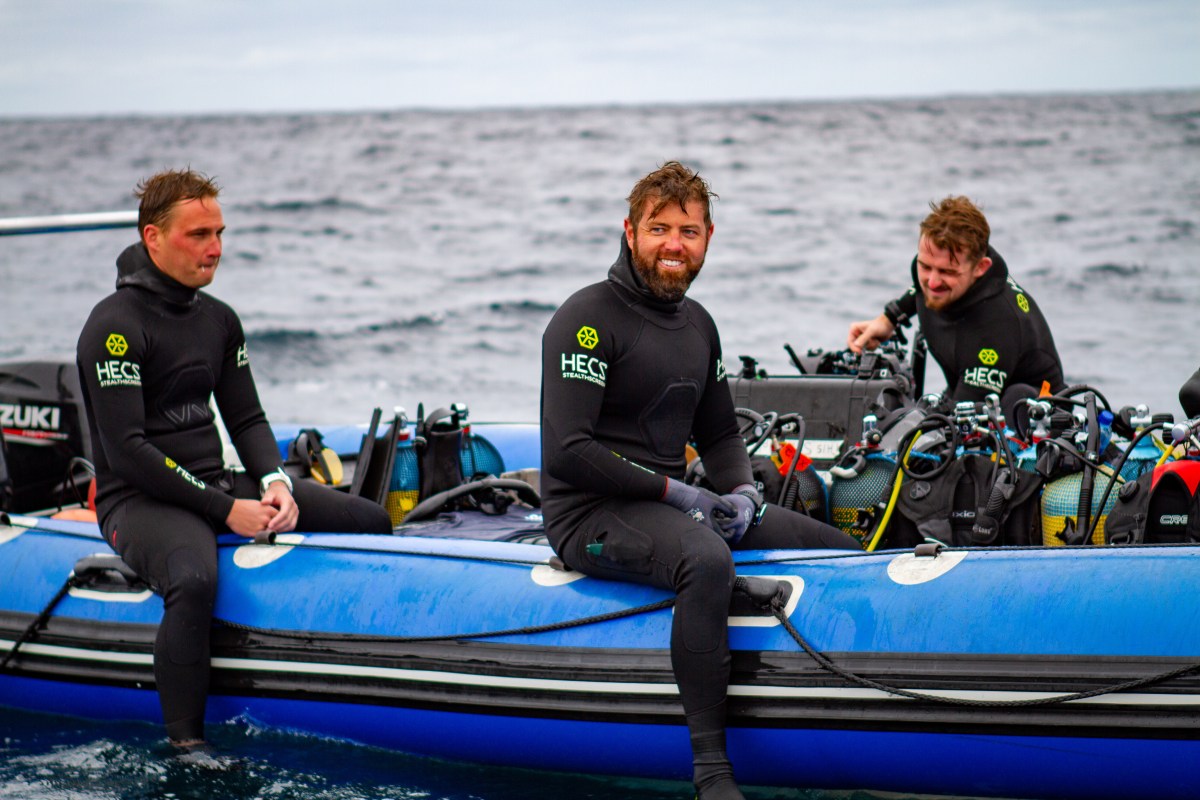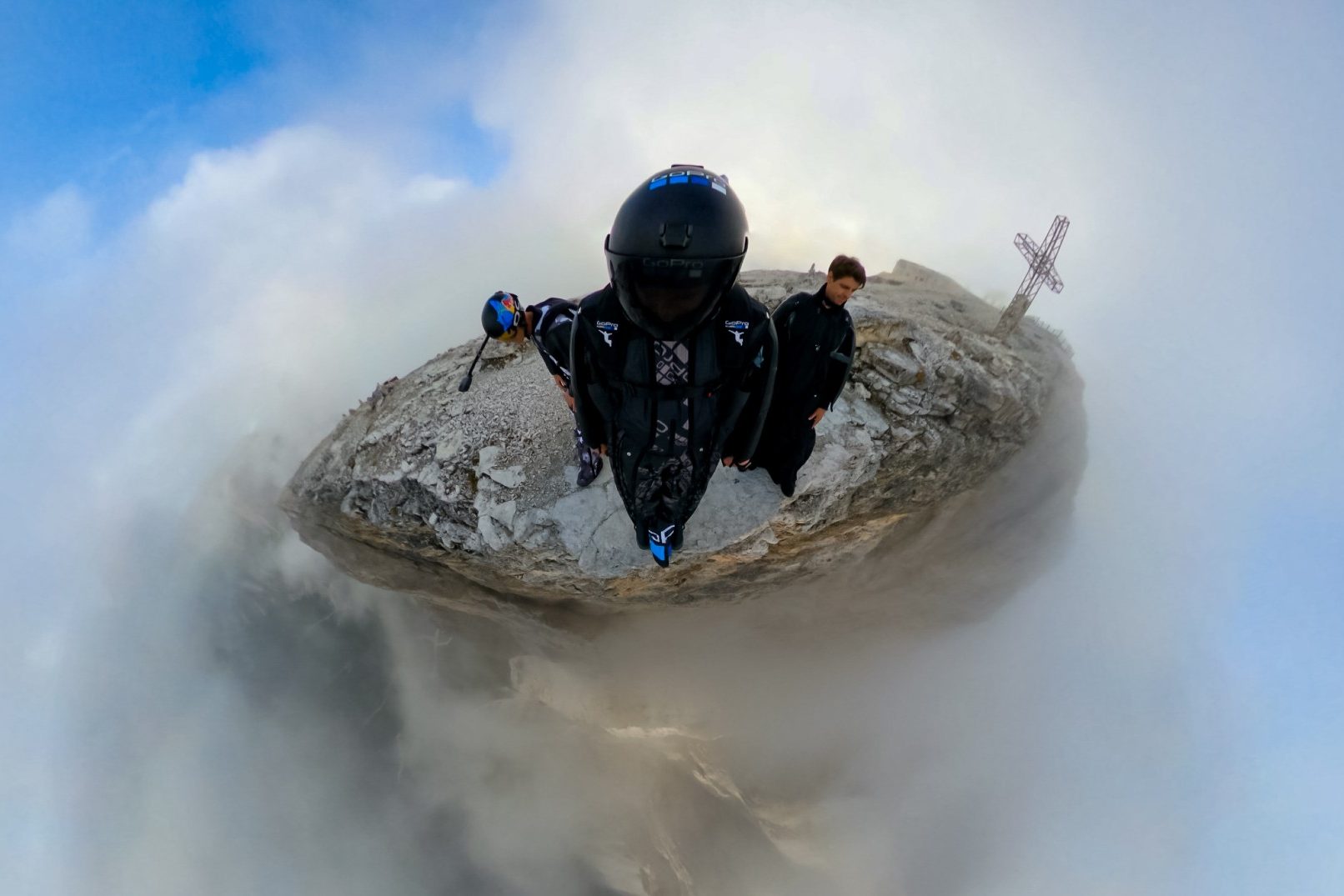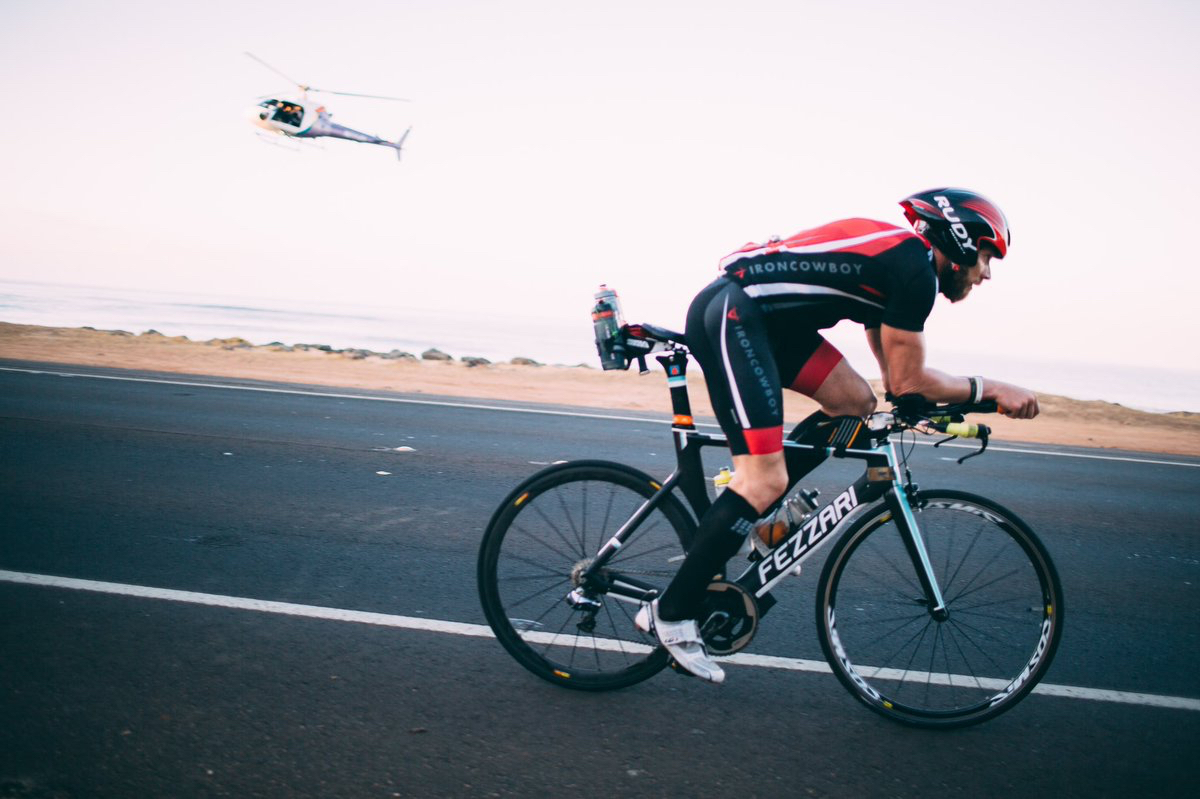Forrest Galante is a wildlife biologist specializing in the exploration of animals on the brink of extinction. He grew up on a farm in Zimbabwe, and at the age of 14 was the youngest person to lead an international canoe safari down the Zambezi River. Now he hosts television programs that address rare and endangered species, like “Extinct Or Alive” on Animal Planet and “Wet Markets Exposed” on Vice. Here is his story of rediscovering the thought-to-be-extinct flapnosed houndshark, as told to Charles Thorp. ________________________________________________________________
There are are a lot of biologists that never chase down a single lost species. My team and I are up to eight animals we’ve rediscovered that were thought to be lost to science forever. I think the team with the next highest number of discoveries has one.
I had my most successful expedition ever at the beginning of this year. I teamed up with my friend Dave Ebert, who is an elasmobranchologist, a rare shark expert. We went to South Africa, because there, right on the Mozambique border, there were three different animals that had been lost to science. One of those was the flapnosed houndshark, a beautiful grey shark and really cool animal that hadn’t been seen in 120 years.
I am a big fan of sharks, and have dived with all kinds of species, from bull sharks to great whites. I have a scar on my arm from a lemon shark bite that I got while on a research trip. It probably looks a little worse than it should because I was on a boat and decided to stay instead of getting stitches. I just wrapped it up with duct tape. It is a reminder to not lose focus for a split second in their presence.
Our first step to searching for the flapnosed houndshark was getting on the ground in South Africa, and asking the locals about sightings. Bouncing around between bars and restaurants with my crew showing a photo of the species on my phone. Since this shark is on the smaller side, there were more chances that it could be confused with another fish. But we started the effort in the coastal town of Shelly Beach in the Ugu District.
The first lead we got was at a local angling club, a bunch of guys who would drink beer together and go fish off of the beach. Once they knew what we were looking for, the stories started to come, whether they had seen it in the sea themselves or had a friend who saw something like it. It wasn’t long until we realized that all of the sightings were all peppered along the same small strip of beach.
We packed up our rods and made our way to the coast. Being a biologist, I was able to create a cocktail of bait that was likely part of the shark’s diet, specifically squid, and put it on the hook. The best shot we were going to have was at dark, so we were wearing head lamps. The first night it rained the whole time. There were no bites, and we were dealing with huge swells. To be honest we were bored as shit. It is disappointing, of course, but trying to find a lost species is like trying to win the lottery — you have to be prepared for setbacks.
Showing up the next night, we were exhausted and there were no expectations. I am an experienced angler, but I had no idea of what kind of hit to expect from this shark. I know for a fact that there is nobody out there who would know how their bite would feel on the rod. But I got a significant one, and looking out to the dark water, I had an idea. I reeled the bait back in and a good part of it was gone. So at the very least we knew something was out there.
I chucked a fresh bait out there. It wasn’t long before I got another hit, and the hook set. The pull didn’t pull me into the ocean, but it was significant, he put up a bit of a fight. I brought the catch closer and closer to the coast. Once we got it into a few feet of water I handed the rod over to my buddy to keep reeling it in while I started wading into the sea. I pointed my headlamp into the water while reaching down towards the shadow beneath the surface.
That is when I saw the gray and the purple streaks that had been described in the scientific journals. There was part of me that started freaking out before I even had my hands on it. Once I pulled it out of the waves I knew we had our animals, and I started screaming. I placed it into a holding tank so that we could have a moment to study it and Dave could tag it before releasing it back into the ocean.
The feeling is indescribable, to hold something supposedly lost forever in your arms. I believe that they have a very small endemic range, meaning they live in that one spot in the world and nowhere else. That is why they have been lost to science all this time. It makes me even more dedicated to the cause of preserving these amazing creatures, subspecies and also the environments they live in.
We ended up finding all three lost species that we were looking for on that South Africa trip. I got a call my buddy Josh Gates when I returned home and he said, “You just fucked yourself.” I asked why and he said, “You will never be able to top this.” That may be so, but it’s worth trying.
This series is done in partnership with the Great Adventures podcast hosted by Charles Thorp. Check out new and past episodes on Apple, Spotify or wherever you get your podcasts from. Past guests include Bear Grylls, Andrew Zimmern, Chris Burkard, NASA astronauts and many others.
This article was featured in the InsideHook newsletter. Sign up now.

















